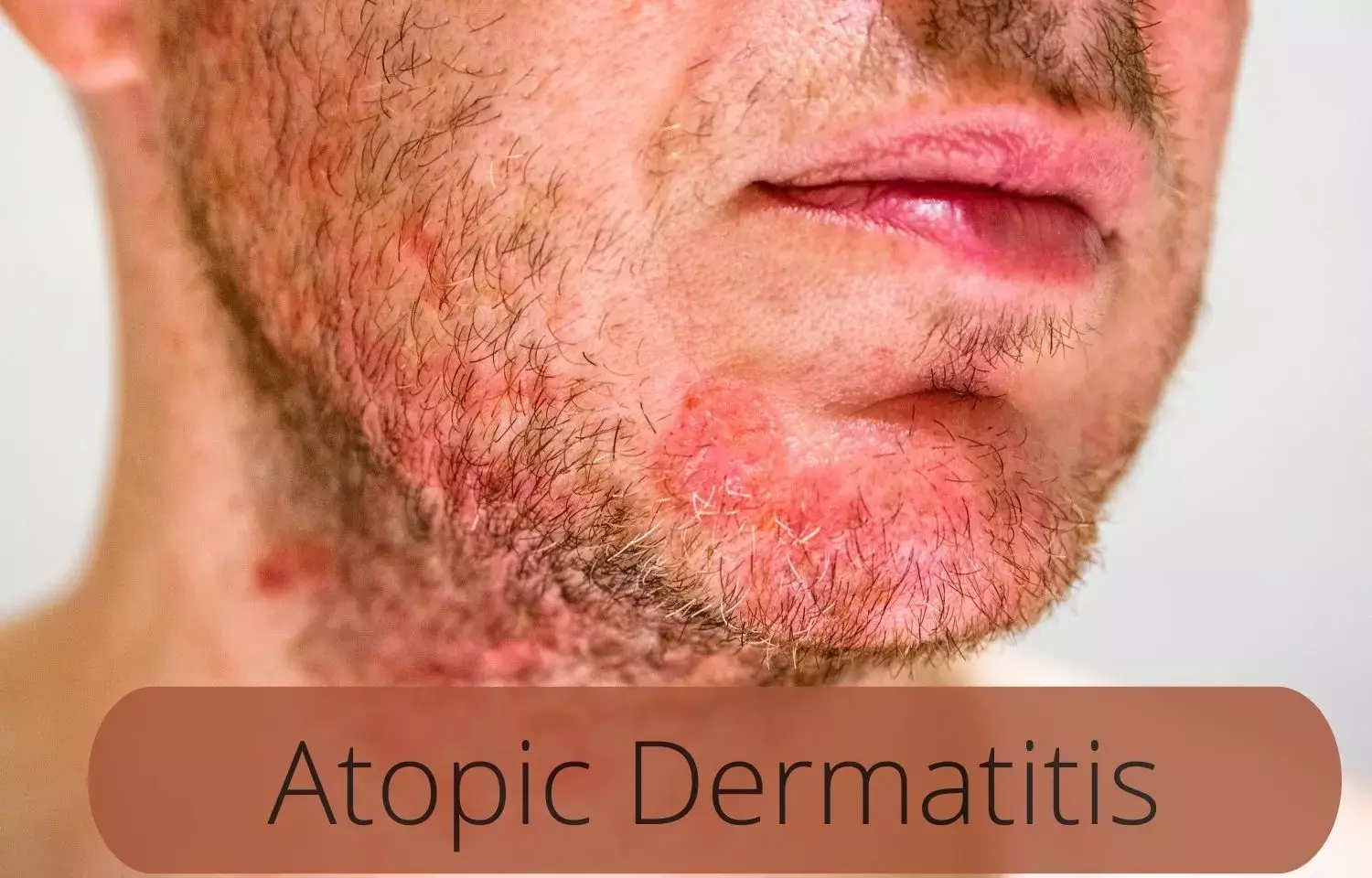- Home
- Medical news & Guidelines
- Anesthesiology
- Cardiology and CTVS
- Critical Care
- Dentistry
- Dermatology
- Diabetes and Endocrinology
- ENT
- Gastroenterology
- Medicine
- Nephrology
- Neurology
- Obstretics-Gynaecology
- Oncology
- Ophthalmology
- Orthopaedics
- Pediatrics-Neonatology
- Psychiatry
- Pulmonology
- Radiology
- Surgery
- Urology
- Laboratory Medicine
- Diet
- Nursing
- Paramedical
- Physiotherapy
- Health news
- Fact Check
- Bone Health Fact Check
- Brain Health Fact Check
- Cancer Related Fact Check
- Child Care Fact Check
- Dental and oral health fact check
- Diabetes and metabolic health fact check
- Diet and Nutrition Fact Check
- Eye and ENT Care Fact Check
- Fitness fact check
- Gut health fact check
- Heart health fact check
- Kidney health fact check
- Medical education fact check
- Men's health fact check
- Respiratory fact check
- Skin and hair care fact check
- Vaccine and Immunization fact check
- Women's health fact check
- AYUSH
- State News
- Andaman and Nicobar Islands
- Andhra Pradesh
- Arunachal Pradesh
- Assam
- Bihar
- Chandigarh
- Chattisgarh
- Dadra and Nagar Haveli
- Daman and Diu
- Delhi
- Goa
- Gujarat
- Haryana
- Himachal Pradesh
- Jammu & Kashmir
- Jharkhand
- Karnataka
- Kerala
- Ladakh
- Lakshadweep
- Madhya Pradesh
- Maharashtra
- Manipur
- Meghalaya
- Mizoram
- Nagaland
- Odisha
- Puducherry
- Punjab
- Rajasthan
- Sikkim
- Tamil Nadu
- Telangana
- Tripura
- Uttar Pradesh
- Uttrakhand
- West Bengal
- Medical Education
- Industry
JAK inhibitors don't increase risk of VTE in Atopic Dermatitis patients: JAMA

The use of JAK Inhibitors does not increase the risk of Venous thromboembolism in patients with Atopic Dermatitis as per a new study that was published in JAMA Network.
There is not much evidence on the risk of venous thromboembolism (VTE) in patients with Atopic dermatitis (AD) under Janus kinase inhibitor treatment. Hence researchers conducted a study to find the association of AD with incident VTE and evaluate the risk of incident VTE among patients with AD who were receiving treatment with JAK inhibitors. Using keywords without any language or geographical restrictions, MEDLINE, Embase, Cochrane Library, and Web of Science databases were searched from the inception to February 5, 2022. Cohort studies that find the association of AD with incident VTE and randomized clinical trials (RCTs) that report VTE events in patients receiving JAK inhibitors were included. Of these only 0.7% of initially identified articles met the selection criteria. PRISMA guidelines were followed, and the risk of bias was assessed in included cohort studies, and RCTs by the Newcastle-Ottawa Scale and the Cochrane Risk of Bias Tool 2, respectively. Pooled hazard ratio (HR) and risk difference for incident VTE was calculated using the random-effects model meta-analysis.
Results:
- Two cohort studies and 15 RCTs with a total of 4,66,993 participants were included.
- The meta-analysis found no significant association of AD with incident VTE.
- Overall, 3 of 5722 patients with AD (0.05%) who were receiving treatment with JAK inhibitors experienced VTE compared with 1 of 3065 patients with AD (0.03%) receiving placebo or dupilumab.
- The incidence rate of VTE was 0.15 and 0.12 events per 100 patient-years in participants with AD receiving JAK inhibitors and placebo, respectively.
- The findings were similar in 4 unique JAK inhibitors.
Thus, the researchers concluded in this study that there is no increased risk of VTE associated with AD or treatment with JAK inhibitors. They further suggested that clinicians may prescribe JAK inhibitors for patients with AD.
For the full article, click here: 10.1001/jamadermatol.2022.3516
Chen TL, Lee LL, Huang HK, Chen LY, Loh CH, Chi CC. Association of Risk of Incident Venous Thromboembolism With Atopic Dermatitis and Treatment With Janus Kinase Inhibitors. JAMA Dermatology. Published online August 24, 2022. doi:10.1001/jamadermatol.2022.3516
BDS, MDS
Dr.Niharika Harsha B (BDS,MDS) completed her BDS from Govt Dental College, Hyderabad and MDS from Dr.NTR University of health sciences(Now Kaloji Rao University). She has 4 years of private dental practice and worked for 2 years as Consultant Oral Radiologist at a Dental Imaging Centre in Hyderabad. She worked as Research Assistant and scientific writer in the development of Oral Anti cancer screening device with her seniors. She has a deep intriguing wish in writing highly engaging, captivating and informative medical content for a wider audience. She can be contacted at editorial@medicaldialogues.in.
Dr Kamal Kant Kohli-MBBS, DTCD- a chest specialist with more than 30 years of practice and a flair for writing clinical articles, Dr Kamal Kant Kohli joined Medical Dialogues as a Chief Editor of Medical News. Besides writing articles, as an editor, he proofreads and verifies all the medical content published on Medical Dialogues including those coming from journals, studies,medical conferences,guidelines etc. Email: drkohli@medicaldialogues.in. Contact no. 011-43720751




